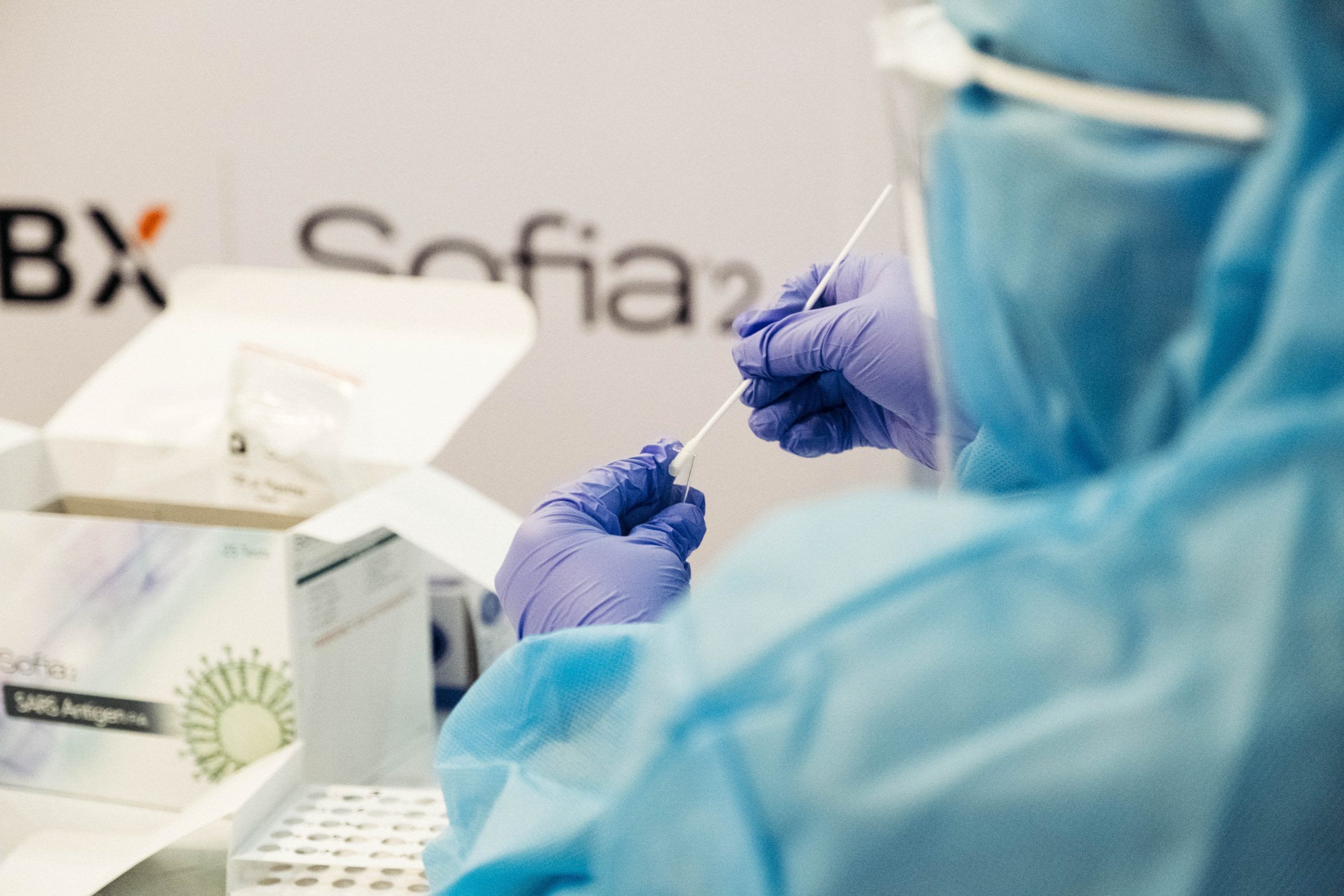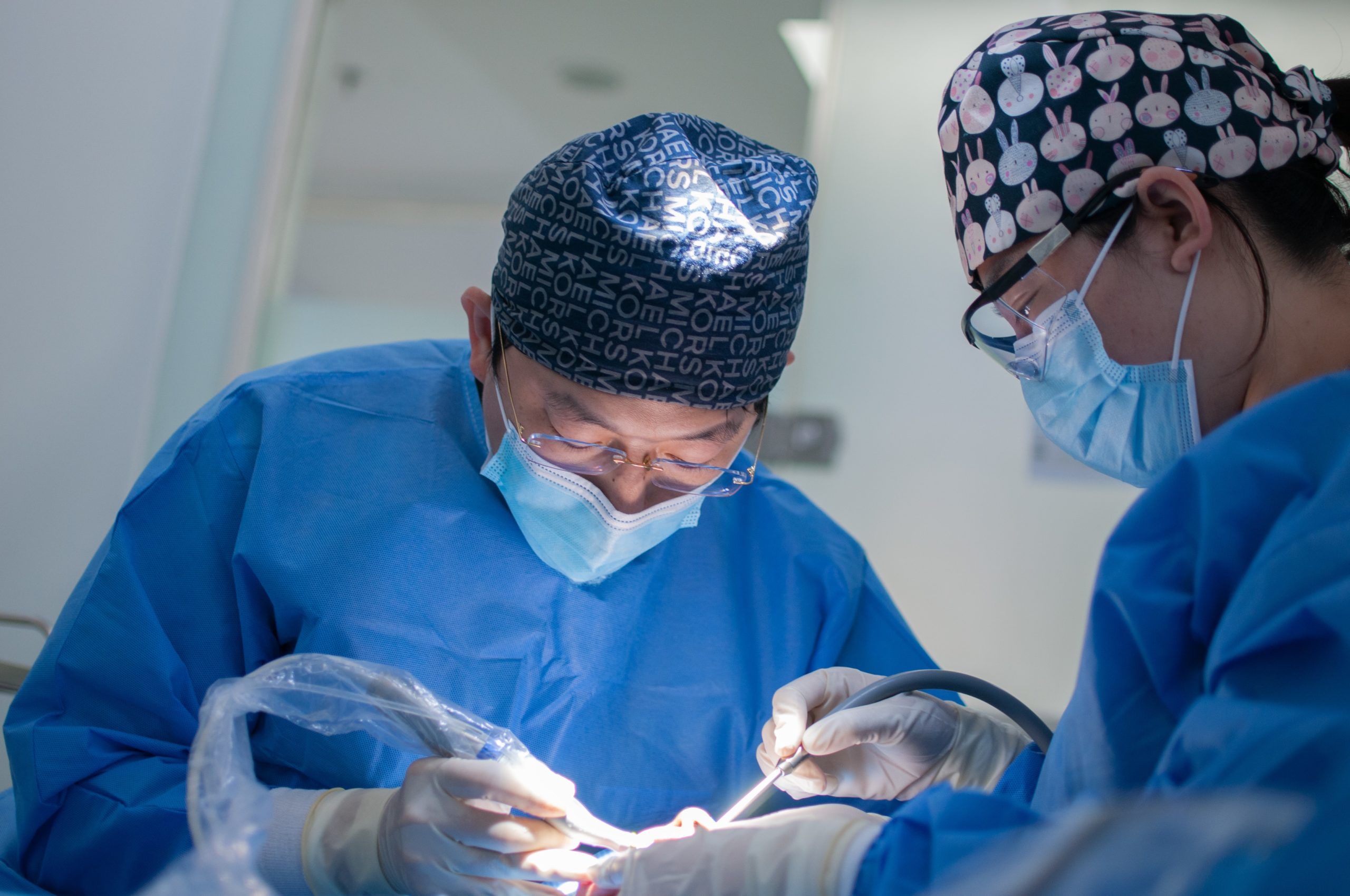Clinical Trials Working Group

Research
Date | April 7, 2021 |
Modified | April 7, 2021 |
Author | WSACS |
Main (ultimate) task:
- Promote, facilitate or conduct high quality experimental and clinical research relating to the abdominal compartment
Specific tasks:
- Provide an overview on current trials (including non-WSACS trials) relating to the abdominal compartment
- Define priority areas for further studies
- Provide expertise in designing studies
- Provide an overview of active researchers in the area of abdominal compartment, promote collaboration and invite non-WSACS to join where appropriate
- Provide WSACS members a network of collaborators to promote their studies
- Evaluate study proposals and provide endorsement with or without financial support to selected studies
Possible ways of WSACS support to endorsed studies
- Endorsement – the study is conducted under the WSACS name and WSACS shares the responsibility for planning, conduction and publication of the study. If intellectual input by CTWG members during these processes is relevant (according to the ICJME guidelines for authorship), WSACS may ask one to two CTWG persons to be included as co-authors on the manuscript. WSACS will promote the study on WSACS web-pages, during congresses, etc. Such endorsement also applies to all following ways of support.
- Endorsement with WSACS Grant – the sum will be defined yearly and agreed individually for each endorsed project. The sum for 2015 is 10,000 EUR and for 2016 another 10,000 EUR.
- Endorsement with WSACS support on study coordination – for important large projects WSACS may provide a study coordinator 50% job paid by WSACS for strictly limited time period.
- Endorsement with providing an electronic CRF
The Clinical Trials Working Group (CTWG) was founded by the World Society of the Abdominal Compartment Syndrome (www.www.wsacs.org) in 2004 to promote, support and stimulate research in the area of Intra-abdominal Hypertension (IAH) and Abdominal Compartment Syndrome (ACS). Dr Jan De Waele was our first CTWG Chairman, followed by Bart De Keulenaer. Under their mandate several multicentre studies were endorsed by the CTWG Committee (see table), most of them resulted in well-cited publications.
The mission of the WSACS has been to promote research, foster education, and improve the survival of patients with IAH/ACS. It should be considered as our success that within the last years the focus concerning ACS became less paramount, as ACS is becoming a more rare and less devastating syndrome. In order to reflect the evolving science and the need to widen our perspective, the World Society of the Abdominal Compartment Syndrome has officially changed its name to the WSACS – the Abdominal Compartment Society. Thereby a new, broader horizon is opening also for CTWG that now is dedicated to promote studies in all different aspects of the abdominal compartment.
CTWG today aims to shift our focus from small observational studies to multicentre interventional trials. CTWG is dedicated to support the investigators and achieve synergy with involvement of experts in study designing and co-operation with colleagues worldwide.
We encourage clinicians who have proposals for future research or want to participate in future trials of the WSACS to contact the new Chairman Dr Annika Reintam Blaser (annika.reintam.blaser@ut.ee).
| Study number | Title | Principal investigator | Study status |
| WSACS 001a | The Impact of Body Positioning on Intra-Abdominal Pressure Measurement | Michael Cheatham | Published: Cheatham ML, De Waele JJ, De Laet I, et al. The impact of body position on intra-abdominal pressure measurement: a multicenter analysis. Crit Care Med. 2009 Jul;37(7):2187-90. doi: 10.1097/CCM.0b013e3181a021fa. |
| WSACS 001b | The effect of different reference transducer positions on intra-abdominal pressure measurement | Jan De Waele | Published: De Waele JJ, De Laet I, De Keulenaer B, et al. The effect of different reference transducer positions on intra-abdominal pressure measurement: a multicenter analysis. Intensive Care Med. 2008 Jul;34(7):1299-303. doi: 10.1007/s00134-008-1098-4. |
| WSACS 002 | Effects of rectus sheath hematoma on IAP. | Manu Malbrain | Finished: manuscript in preparation |
| WSACS 003 | Awareness and knowledge of intra-abdominal hypertension and abdominal compartment syndrome: results of an international survey. | Manu Malbrain | Published: Wise R, Roberts DJ, Vandervelden S, et al. Awareness and knowledge of intra-abdominal hypertension and abdominal compartment syndrome: results of an international survey. Anaesthesiol Intensive Ther. 2014 Oct 27. [Epub ahead of print] |
| WSACS 004 | NA | ||
| WSACS 005 | Abdominal perfusion pressure (APP) Trial | Michael Cheatham | Cancelled |
| WSACS 006 | Randomized controlled trial comparing goal directed management vs standard care | Manu Malbrain | Protocol under construction |
| WSACS 007 | A multicenter observational study on the effect of decompressive laparotomy for abdominal compartment syndrome | Jan De Waele | Finished, presented at ESICM 2014, manuscript in preparation |
| WSACS 008 | SPIRIT Study – Severe Pancreatitis and IntRaabdomInal hyperTension | Jan De Waele | Finished: data analysis in process |
| WSACS 009 | Femoral venous versus intrabladder abdominal pressure | Bart De Keulenaer | Published: De Keulenaer BL, Regli A, Dabrowski W, et al. Does femoral venous pressure measurement correlate well with intrabladder pressure measurement? A multicenter observational trial. Intensive Care Med. 2011 Oct;37(10):1620-7. doi: 10.1007/s00134-011-2298-x. |
| WSACS 010 | NA | ||
| WSACS 011 | Comparing intra-abdominal pressures in different body positions via a urinary catheter and nasogastric tube: a pilot study. | Bart De Keulenaer | Published: Rooban N1, Regli A, Davis WA, De Keulenaer BL. Comparing intra-abdominal pressures in different body positions via a urinary catheter and nasogastric tube: a pilot study. Ann Intensive Care. 2012 Jul 5;2 Suppl 1:S11. doi: 10.1186/2110-5820-2-S1-S11. |
| WSACS 012 | Laparoscopy and IAH (LAP Trial) | Bart De Keulenaer | Finished: manuscript in preparation |
| WSACS 013 | GIF (Gastro-Intestinal Failure) Trial | Annika Reintam Blaser | Published: Reintam Blaser A, Poeze M, Malbrain ML, et al. Gastrointestinal symptoms during the first week of intensive care are associated with poor outcome: a prospective multicentre study. Intensive Care Med. 2013 May;39(5):899-909. doi: 10.1007/s00134-013-2831-1. |
| WSACS 014 | NIVIAH Trial – Are elevated intra-abdominal pressures associated with non invasive ventilation? | Bart De Keulenaer | Finished: manuscript submitted |
| WSACS 015 | Prospective Trial of Percutaneous Catheter Decompression in the Treatment of Elevated Intra-abdominal Pressure | Michael Cheatham | Ongoing |
| WSACS 016 | IROI Study: Incidence, prognosis and outcome of intra-abdominal hypertension. | Annika Reintam Blaser | Download IROI protocol Finished: Reintam Blaser A, Regli A, De Keulenaer B, et al. Incidence, Risk Factors, and Outcomes of Intra-Abdominal Hypertension in Critically Ill Patients-A Prospective Multicenter Study (IROI Study). Crit Care Med. 2019 Apr;47(4):535-542. doi: 10.1097/CCM.0000000000003623.Download IROI Respiratory substudy statistical plan |
| WSACS 017 | American survey on IAH and ACS | Bruno Cesana | Finished: manuscript in preparation |







